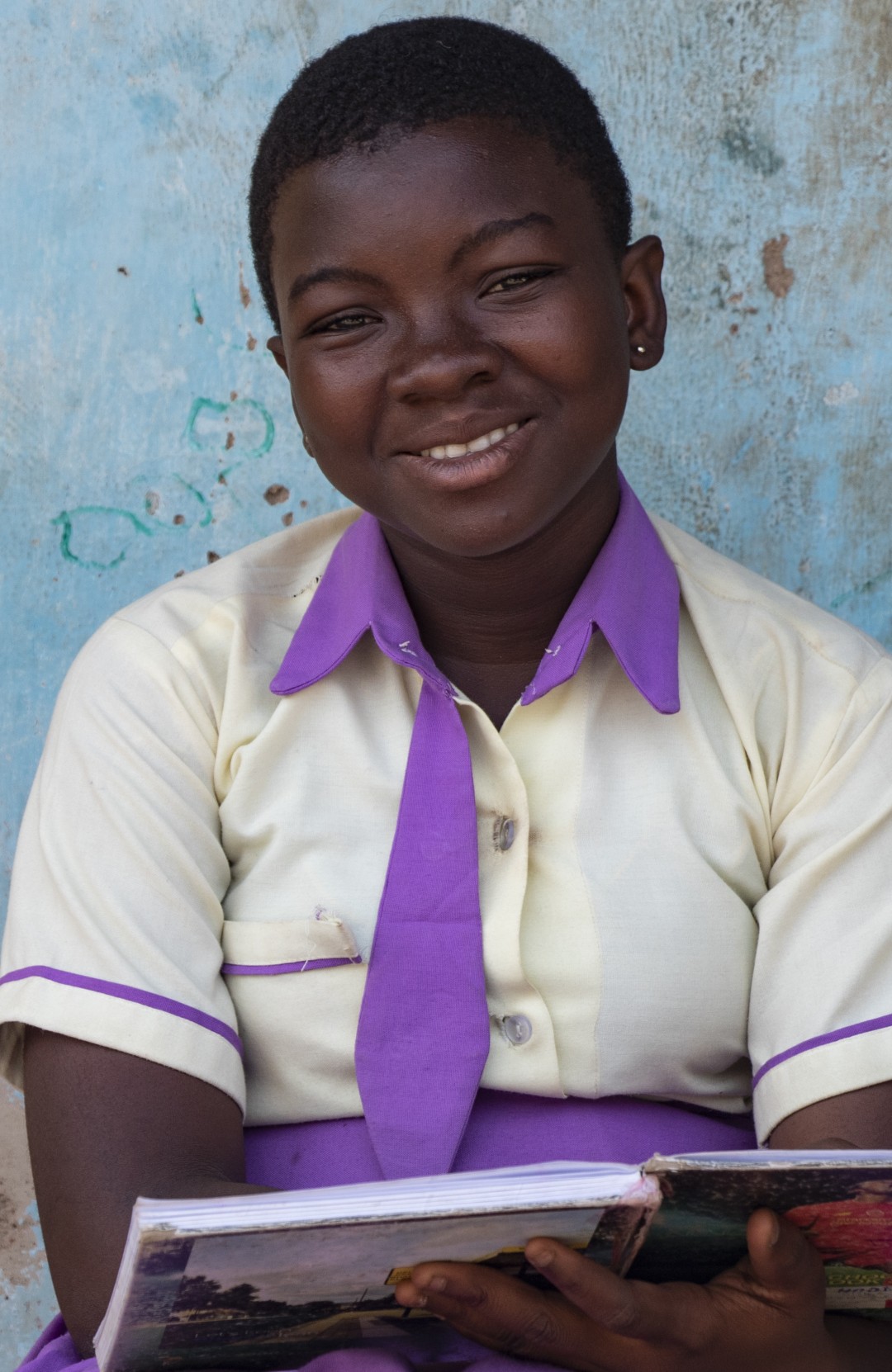
Our work in Ghana
Oxfam Denmark works to bring about significant political change to improve conditions for poor and vulnerable people in Ghana.
46 percent of the participants
in our youth network promoting tax justice are girls
62 districts
now have girl's schools inspired by Oxfam Denmark' Girls Model Schools
110 clubs for children
have been created with the aim of promoting gender equality
210 volunteers
have been trained in helping victims of gender based violence
Ghana is a relatively peaceful and well-functioning democracy in West Africa. But the country is also characterized by a high degree of inequality - economic and gender-wise - and by their sizable debt, that seizes around half of the nation's income.
We work to promote an increased tax base, ensuring a fairer distribution of the resources, strengthening access to free quality education, particularly for vulnerable girls, as well as promoting peace in the northern part of the country - an area effected by conflict.
We are working to develop quality standards for education - including the development of vocational training to promoting the skills needed in a green transition. Climate change is putting a lot of pressure on resources in northern Ghana, which is why conflicts between local farmers and nomads are increasing. Therefore we also seek to mediate conflicts through peace committees with an active participation of women and youth in the hope of creating a peaceful coexistence.
Our goals in Ghana
- To combat gender-based violence and promote a greater representation of women and youth in democratic forums
- To increase the tax base and improve public service - especially for the poorest and most vulnerable
- To develop green policies and solutions to reduce climate change and its effect on the local population
- To promote quality education for all, including vocational education, especially for girls and women
We support civil society and the media in cooperating to make a more efficient and fair tax base. We support systems for digital tax recovery – something that has proven promising. An important part of tax justice is also advocacy for methods that focuses on how tax funds can be most effectively recovered and publications on how taxation on the wealthy can be increased to create greater economic equality.
Finally, we fight to reduce gender-based violence against girls and women. We do this by strengthening legislation and changing social norms. This is achieved by strengthening the cooperation between authorities and civil society, making sure cases are reported and data is collected so perpetrators can be prosecuted. In addition, we provide protection for victims of violence as well as psychosocial support and giving young victims a more stable transition to adulthood.
“ We are not only all responsible for each other’s security. We are also, in some measure, responsible for each other’s welfare. Global solidarity is both necessary and possible. It is necessary because without a measure of solidarity no society can be truly stable, and no one’s prosperity truly secure. ”
Facts about Ghana
- Ghana is located in West Africa, has English as its official language and a population of 32 million
- Ghana is a middle-income country and is relatively more prosperous than most of its neighboring countries, but it still suffers from a high economic and social inequality
- The country's income comes mainly from the export of oil, gold, and other minerals as well as cocoa - unfortunately the economy is burdened by a large debt
- Ghana was originally known as the Gold Coast, a colony with high activity also in the slave trade. Something Denmark was closely involved with
-
Contact
Morten Gøbel Poulsen
Climate Justice Program AdvisorInternational ProgrammeE-mail: